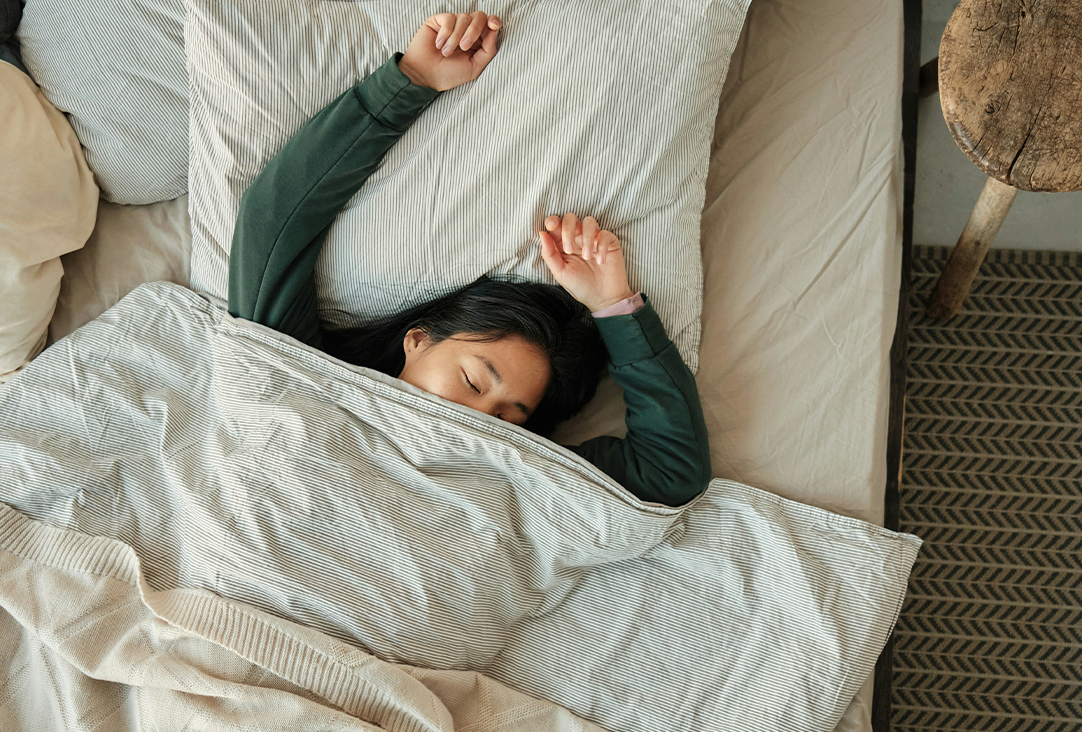Virtual Yoga Classes Showed Major Impact on Back Pain, Use of Pain Meds, Quality of Sleep A 2024 randomized controlled trial from the Cleveland Clinic studied two groups with back pain: one group did live-streamed group yoga classes (for 16 minutes, four times a week) and the other group continued medication as usual. The study found that just 12 weeks of virtual yoga classes reduced back pain intensity…






























































